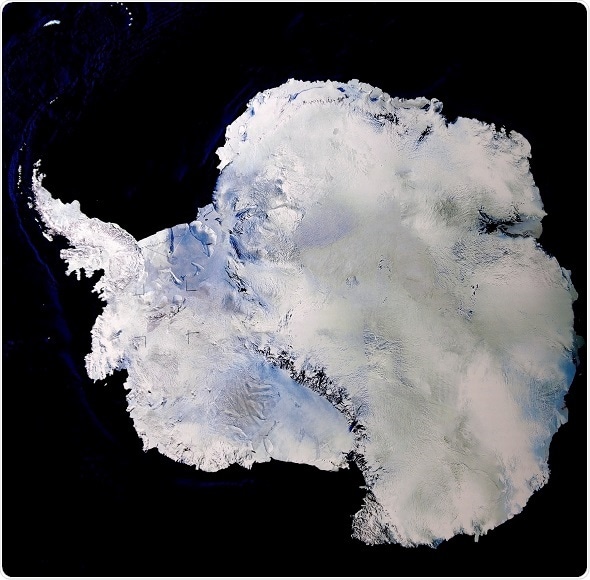For All The Latest Medical News, Health News, Research News, COVID-19 News, Dengue News, Glaucoma News, Diabetes News, Herb News, Phytochemical News, Cardiology News, Epigenetic News, Cancer News, Doctor News, Hospital News
Traveling is fun, but being exposed to communicable diseases is not so good. In addition to your personal risk of falling sick and missing out on enjoyable travel, you may bring back the infection to unvaccinated people in your own country and your own family.

The major hazards of travelling to Antarctica involve:
The best way to ensure that diseases like mumps and measles are not a problem is to get the right vaccinations. Visit your healthcare provider at least 4-6 weeks before your planned departure, to allow for sufficient time for the vaccines to be administered and produce effective antibody levels.
Vaccines that are expected to be taken by all travelers include:
The MMR vaccine
The MMR vaccine protects travelers against catching mumps, measles, and rubella infections. If all travelers were vaccinated appropriately, this would prevent a huge proportion of infections from being brought back into the host country to affect other unvaccinated people.
Proper precautions include:
These are expected to have been routinely taken in childhood and include:
Other vaccines which need to be taken will depend on the route taken to Antarctica, as the various countries that one passes through will have different vaccine requirements.